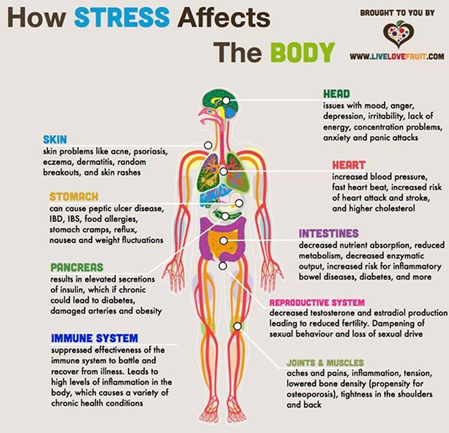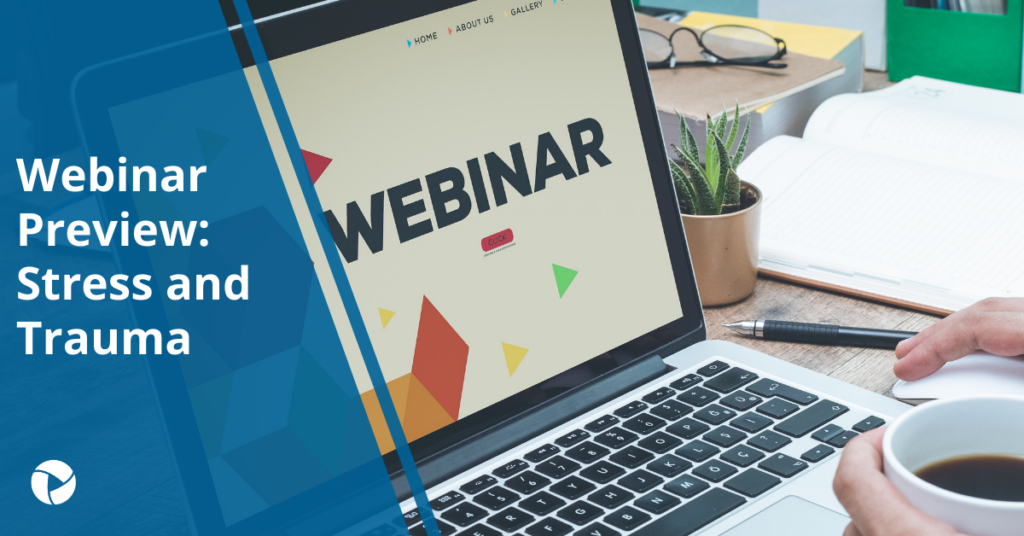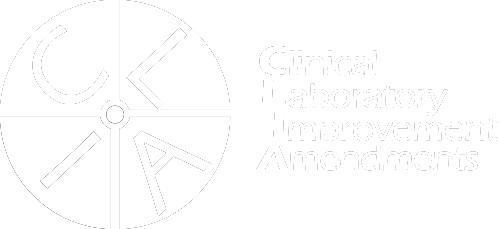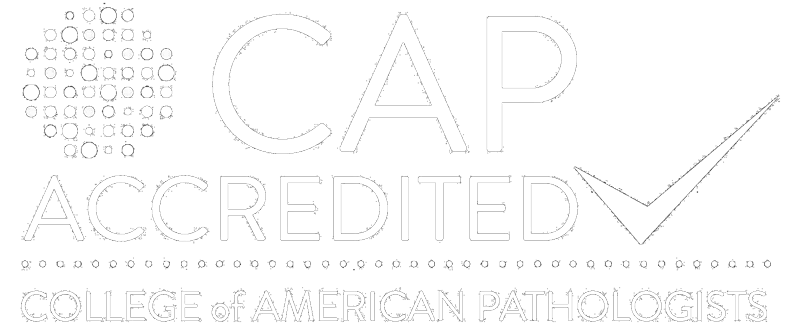Stress and trauma. We’ve all experienced it in some way.
What you may not know is how much they can affect the brain and body.
An upcoming webinar on April 27 with Averhealth contributor Steve Hanson will explain that correlation – and how stress and trauma contribute to Substance Use Disorder (SUD).
And, as you’ll learn, it’s vital for case managers and probation officers to manage their own stress with the rise in caseloads and complexity.
Stress and Your Health
Stress and trauma are bad for your health. They cause elevated levels of cortisol in the brain, which increases blood pressure, inhibits inflammatory response, suppresses the immune system, and damages brain cells.
Stress can play a part in problems such as headaches, high blood pressure, heart problems, diabetes, skin conditions, asthma, arthritis, depression, and anxiety. It’s estimated that 43 percent of adults suffer adverse health effects from stress and that the vast majority of doctor’s office visits are related to stress.

Stress, Trauma and SUD
The long-term effects of stress – and especially trauma – have a direct impact on SUD.
Steve will point out in his webinar that up to two-thirds of both men and women in substance use treatment report childhood abuse or neglect. Trauma survivors are at a much higher risk for co-occurring mental and substance use disorders. Trauma increases the likelihood of health-risk behaviors such as smoking, drinking and overeating as methods of coping.
“This webinar will provide an understanding of what happens emotionally and physically when they experience stress and trauma,” says Steve, with over 40 years of experience as a treatment provider, educator and consultant. He is the former Associate Commissioner for Courts and Criminal Justice for the New York State Office of Alcoholism and Substance Abuse Services.
Impact on the Profession
For case managers and probation professionals, stress and trauma serve as a two-prong challenge. You need to understand the impact on your clients. And you need to take care of yourself.
During the webinar, Steve will provide tips to help you manage your own stress, including mindfulness, stress-reduction techniques, honest discussions with your supervisor, and asking for help.
He will also help you identify ways to better serve clients. This includes trauma-informed care, which shifts the client focus from “What’s wrong with you?” to “What happened to you?”
A trauma-informed approach to care provides a complete picture of a client’s life situation — past and present — to provide more effective services:
Awareness: Everyone knows the role of trauma.
Safety: Ensuring physical and emotional safety.
Trustworthiness: Maximizing trustworthiness, making tasks clear, and maintaining appropriate boundaries.
Choice: Respect and prioritize consumer choice and control.
Collaboration: Maximizing collaboration and sharing of power with consumers.
Empowerment: Prioritizing consumer empowerment and skill-building.
Join us as we explore the role of stress and trauma on your clients – and you. Sign up for the April 27 webinar to learn more about this important topic.



